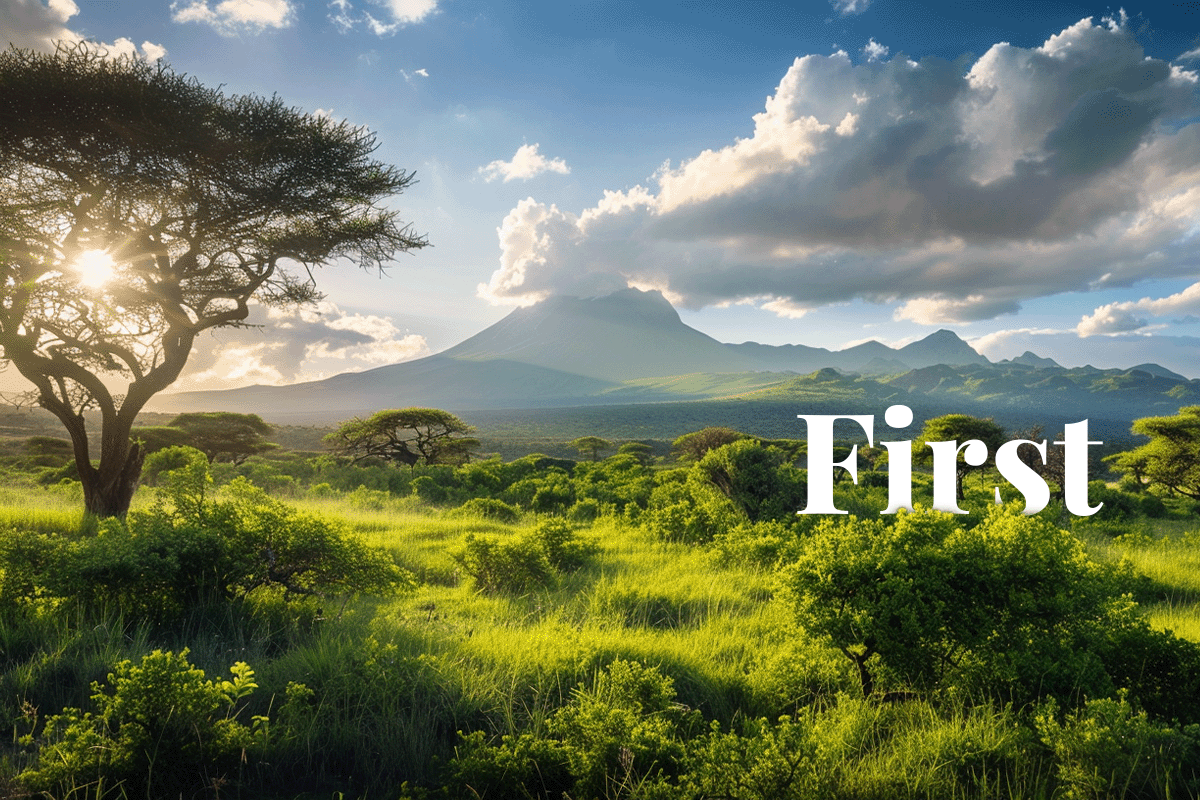Tanzania has officially granted UpEnergy, a Ugandan project developer, its first-ever letter of authorisation (LoA) for carbon credits for the company's project for cleaner cookstoves. The move positions Tanzania as the third African country, following Rwanda and Malawi, to issue such a Letter of Authorisation.
 Landscape view of Tanzania's nature. AI generated picture.
Landscape view of Tanzania's nature. AI generated picture.
This milestone underscores a potential enhancement in environmental sustainability through so-called Corresponding Adjustments, although it does not ensure a firm commitment from the government. The Corresponding Adjustments will ensure that the environmental benefits of these credits are attributed to the purchaser’s national carbon account rather than Tanzania’s.
Read more: Sustainability simplified: Carbon footprinting for beginners
UpEnergy's initiative, developed under the US-based Verra registry, will see the credits purchased by South Korean firm Ecoeye. These credits are intended for compliance in various environmental compensation efforts, including Nationally Determined Contributions and international mitigation strategies. Ecoeye also plans to leverage these credits towards achieving its own environmental targets.
Read more: Groundbreaking: SBTi includes Scope 3 emissions in environmental certificates
Highlighting the importance of impactful carbon credits, Sangsun Ha, Ecoeye's executive managing director, emphasised their significant potential to drive environmental initiatives forward. In addition to the carbon credit project, UpEnergy is also expanding its presence in Tanzania with the establishment of a cookstove manufacturing facility in Dar es Salaam, planning to distribute over 400,000 energy-efficient cookstoves across the country.
DGB Group is committed to environmental protection and actively seeks to establish a balance between human activity and the natural world. By initiating projects rooted in nature, DGB not only makes a positive environmental impact but also fosters social wellbeing and economic development.
In Kenya, DGB’s Hongera Reforestation Project and the Hongera Energy Efficient Cookstoves Project stand as beacons of positive change. Our cookstove project introduces energy-efficient cookstoves that not only cut carbon emissions and reduce indoor air pollution but also provide job opportunities to local communities.
Read more: From flame to future: sparking health and sustainability in Kenya's schools
Our comprehensive approach to nature-based solutions ensures that our projects do more than just reduce carbon emissions—they create a brighter, more sustainable future. This future benefits all involved communities, enhancing environmental resilience, social advancement, and economic strength, thereby forging a lasting and meaningful legacy.
Choose to invest in DGB’s nature-based solutions for a lasting positive impact



